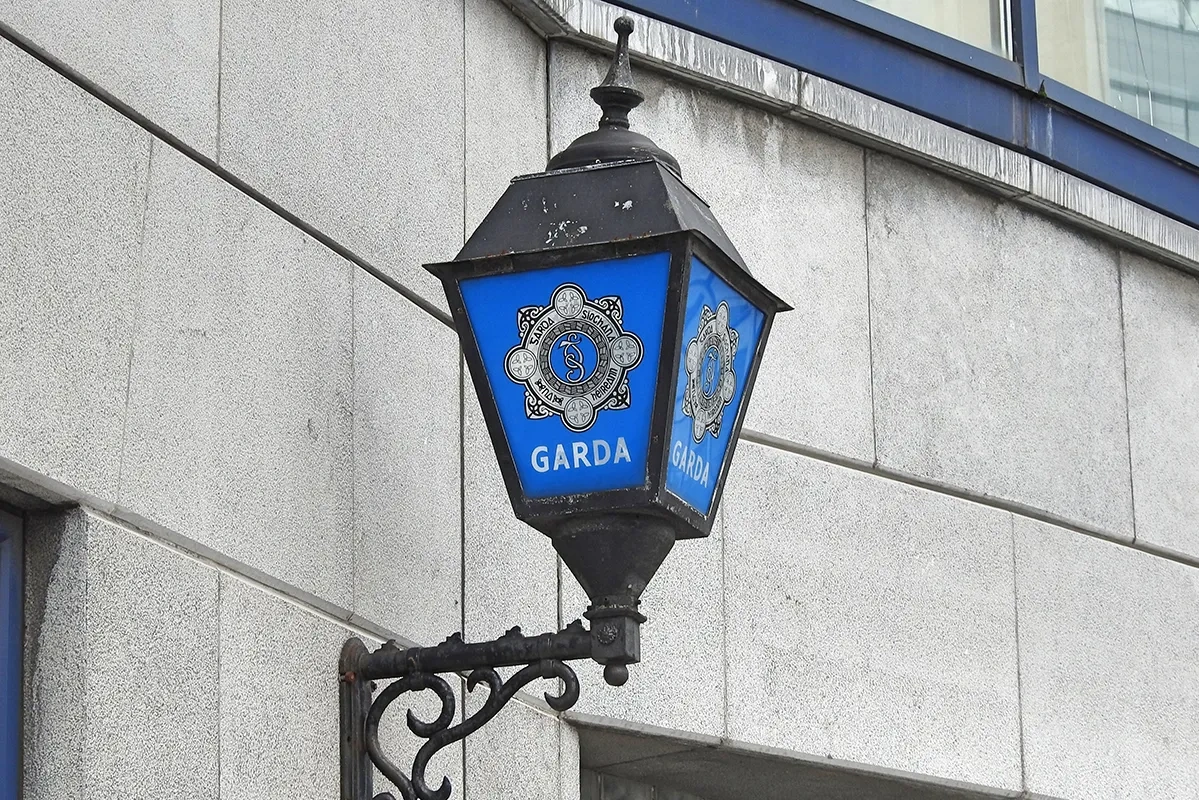

New book highlights lack of oversight of police custody in Ireland
Edited by Prof Yvonne Daly from DCU’s School of Law and Government, Police Custody in Ireland brings together experts from policing studies, law, criminology, and psychology, to critically examine contemporary police custody in Ireland, what we know about it, how it operates, how it is experienced, and how it might be improved.
The book was launched at an online event on Thursday, 20 June. Guest speakers included Pauline Shields, Deputy Chief Inspector, Garda Síochána Inspectorate; Margaret Tumelty, Director of Policing Strategy and Performance, Policing Authority of Ireland; Assistant Commissioner Paul Cleary, An Garda Síochána; and Catherine Pierse, the Director of Public Prosecutions. Prof Daire Keogh, President of Dublin City University, and Prof Yvonne Daly, the book’s editor, also addressed the attendees.
First of its kind collection
This first-of-its-kind collection focuses exclusively on detention in Garda Síochána stations, critically examining it from human rights and best practice perspectives. It examines the physical environment of custody, police interview techniques, existing protections, rights, and entitlements, and experiences of specific communities in custody, such as children, ethnic minorities, non-English speakers, the Mincéir/Traveller community, and those with intellectual disabilities or Autism Spectrum Disorder. Police Custody in Ireland gives a snapshot of garda custody as it is now and makes recommendations for necessary future improvements.
Key points
- significant concerns around a lack of oversight of police custody in Ireland
- the need for data-driven policies and interventions
- the need to provide additional supports and safeguards for particularly vulnerable persons in Garda custody
- the need for financial and regulatory support to ensure the complete fulfilment of individual’s rights
- the need for a new, more open approach to research on operational policing in Ireland
Speaking about the book, Prof Yvonne Daly said
2024 marks the 40th anniversary of the Criminal Justice Act 1984, which was the first general piece of legislation to allow for arrest for the purposes of detention and questioning in Ireland. In the intervening 40 years, the impact of the investigative stage of the criminal process has increased significantly, but Garda custody has remained quite a hidden space. The expert contributors to this book have shone a light on the contemporary operation of Garda custody and made important recommendations for future improvements to ensure that the highest standards of police practice are operational in Garda custody, the rights of detainees are appropriately safeguarded, and the system works well for all.
Prof Daire Keogh, President of Dublin City University said
This is an important new publication that shines a light on an area that, while critical to policing practice in Ireland, has been relatively unexamined. As well as bringing the police custody experience of specific communities into focus, Prof Daly and colleagues put forward practical solutions with the potential to improve outcomes for all stakeholders. In doing so, the collection reflects DCU values and its mission to ‘transform lives and societies’.
Prof Daly is committed to research with real-world impact. Her work on access to legal assistance in police custody, the right to silence, and the consequences of improperly obtained evidence was foundational to the creation of training for police station lawyers, which has been taken by lawyers from Ireland, Belgium, the Netherlands, Scotland, Lithuania, Spain, and Poland.
The Open Access version of Police Custody in Ireland is available here from publisher Taylor & Francis under a Creative Commons 4.0 licence.
Criminal Defence Representation in Garda Stations
Prof Daly and the late Dr Vicky Conway worked closely together researching the right to legal representation in the pre-trial investigative stage. Their path-breaking book Criminal Defence Representation in Garda Stations (Bloomsbury) was published in 2023.
It was a finalist in the Law Book of the Year category at the 2024 Dye & Durham Irish Law Awards.
